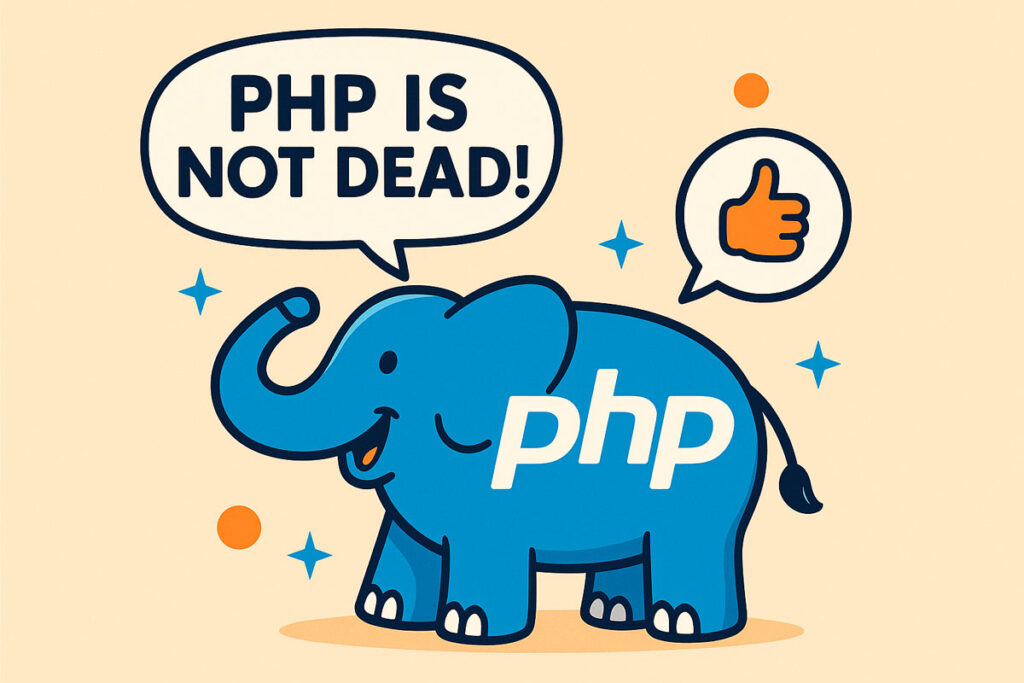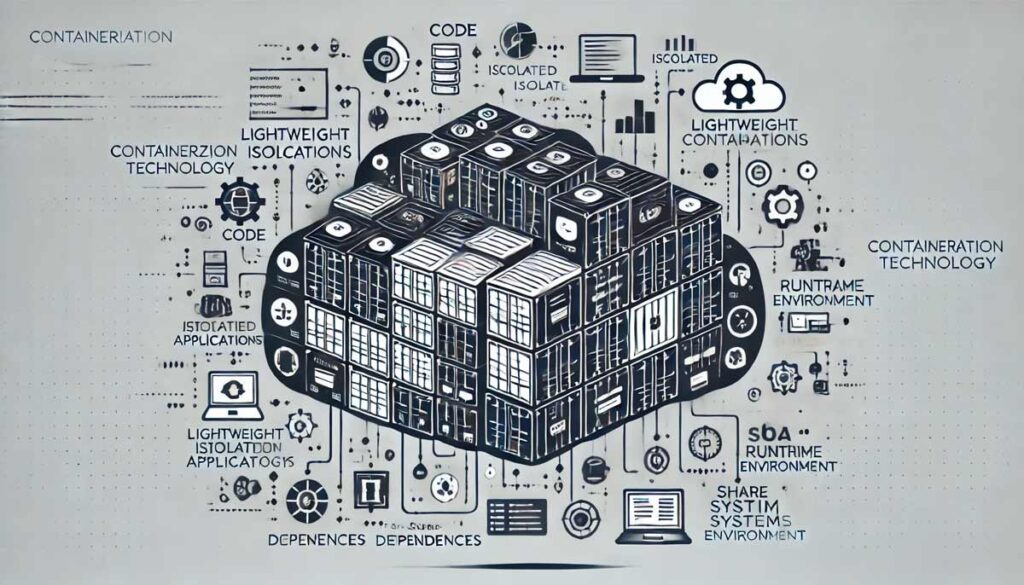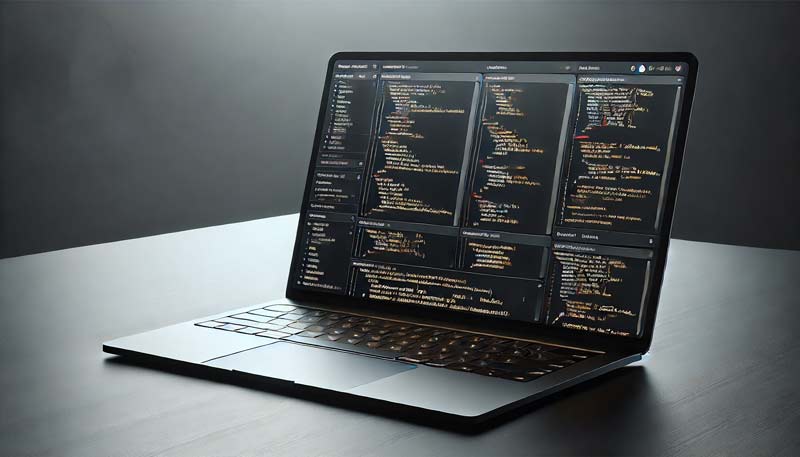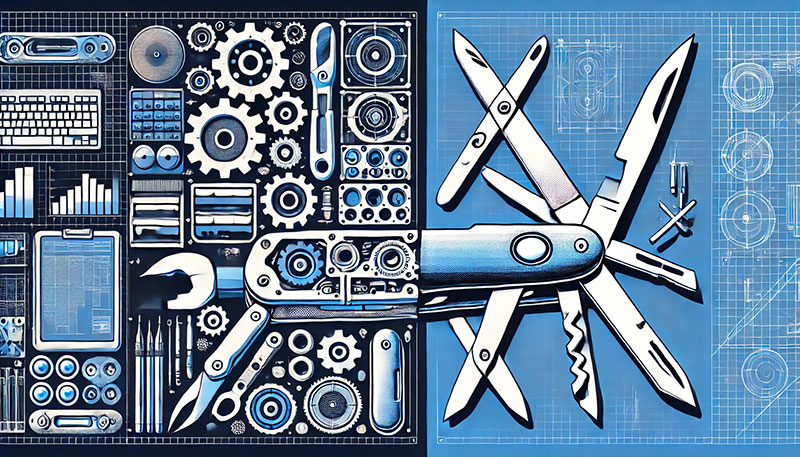
PHP is not dead: the strength of a language that keeps evolving
A REFLECTION: WHY PHP IS STILL RELEVANT In recent years, among developers and digital enthusiasts, the idea has spread that PHP is a declining language, surpassed by more modern solutions...




